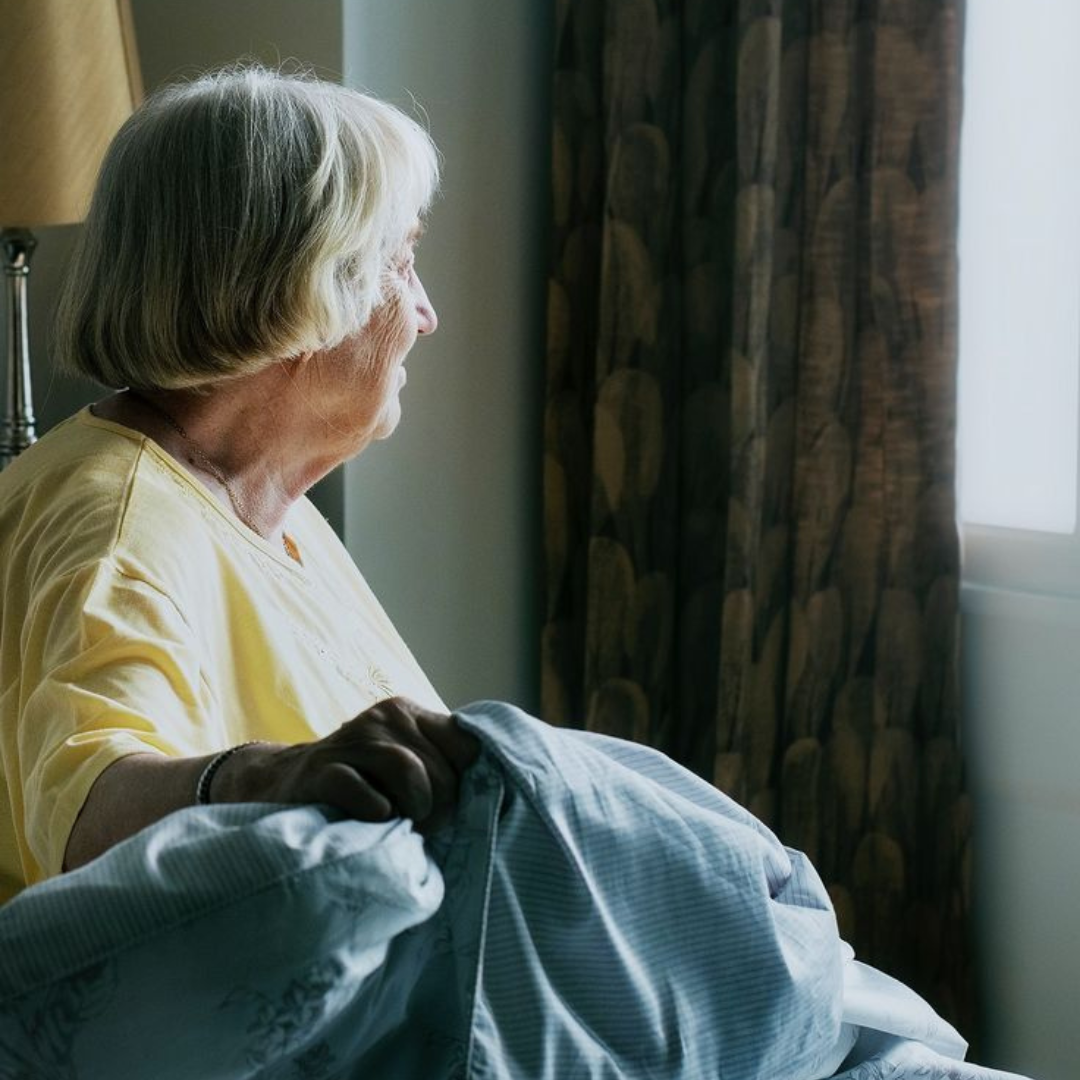IOP as a Step-Down or Step-Up: Continuum of Care

Strong 8k brings an ultra-HD IPTV experience to your living room and your pocket.
When it comes to mental health and addiction treatment, one size never fits all. Different people need different levels of care depending on their condition, history, and recovery goals. That's where the concept of the continuum of care becomes important—a flexible system designed to provide the right level of treatment at the right time. One of the most adaptable and effective components in this system is the Intensive Outpatient Program, or IOP. Whether used as a step-down from inpatient treatment or a step-up from less intensive care, IOP plays a vital role in helping people stabilize, grow, and maintain progress. At Brighter Start Health in Wilmington, NC, IOP serves as a bridge of healing for those in transition, offering vital support when it matters most.
For individuals stepping down from inpatient care, IOP is often the next step in their recovery journey. After completing a residential treatment program, returning home without continued professional support can be overwhelming. Inpatient programs are typically structured, 24-hour care environments that provide deep therapeutic work in a secure setting. However, once this level of care is no longer necessary, patients are still vulnerable to relapse or emotional setbacks if they lack structured support. That’s where IOP fills a critical gap.
Brighter Start Health offers IOP as a carefully designed step-down solution, helping individuals maintain the progress they achieved during their inpatient stay. Clients attend sessions several times a week, usually in the evenings, which allows them to begin reintegrating into their daily lives while still having access to group therapy, individual counseling, medication management, and peer support. This structure helps people navigate challenges they may face at home, work, or school, and offers them a safe place to continue healing. The consistency of care helps ensure that the transition from inpatient to independence is not abrupt but rather a steady, supported process.
On the other hand, some individuals might enter an IOP as a step-up from traditional outpatient therapy. When weekly sessions with a therapist or counselor are no longer enough to address a worsening mental health condition or escalating substance use, IOP can provide the intensive care they need without requiring an inpatient stay. For these clients, IOP is a proactive, early-intervention step that offers more frequent and structured treatment while still allowing them to live at home and maintain certain responsibilities.
At Brighter Start Health in Wilmington, NC, this step-up approach is often recommended for people who are beginning to struggle with anxiety, depression, trauma, or addiction issues but are not yet at a crisis point. Instead of waiting for things to spiral out of control, IOP allows individuals to get more comprehensive treatment early. This can prevent the need for hospitalization or inpatient rehab and can lead to faster, more sustainable recovery outcomes. By offering a middle ground between traditional outpatient therapy and inpatient care, IOP empowers individuals to take action before their condition becomes severe.
Another major advantage of IOP, whether used as a step-down or step-up, is the community it fosters. Isolation is one of the most common challenges people face during recovery. Being part of a group of people who understand the struggle—who are walking a similar path—can be incredibly healing. At Brighter Start Health, IOP participants benefit from shared experiences, peer encouragement, and structured group therapy sessions that create a sense of belonging and accountability. This emotional support often makes a crucial difference in long-term outcomes.
Equally important is the personalized nature of IOP care. Every person entering IOP at Brighter Start Health receives a tailored treatment plan that reflects their individual goals, history, and clinical needs. Whether someone is coming out of an inpatient setting or increasing their care level from outpatient therapy, the program is customized to meet them exactly where they are. Treatment might include cognitive behavioral therapy (CBT), dialectical behavior therapy (DBT), trauma-focused approaches, or support for co-occurring disorders. Clients also receive support in building healthy routines and coping strategies, so that long after they finish the program, they are equipped to maintain wellness.
The continuum of care in mental health and addiction treatment is most effective when it is responsive, flexible, and client-centered. IOP is one of the key components that allows treatment providers to meet people’s needs in real-time—whether they are moving forward from a higher level of care or need to step up before a crisis hits. At Brighter Start Health in Wilmington, NC, IOP stands as a vital bridge on the recovery journey, connecting people to ongoing support, strength, and growth.
By recognizing IOP as both a step-down and a step-up, we ensure that no one falls through the cracks in their treatment. Instead, they find continuity, compassion, and hope—exactly when and where they need it most.
Note: IndiBlogHub features both user-submitted and editorial content. We do not verify third-party contributions. Read our Disclaimer and Privacy Policyfor details.





